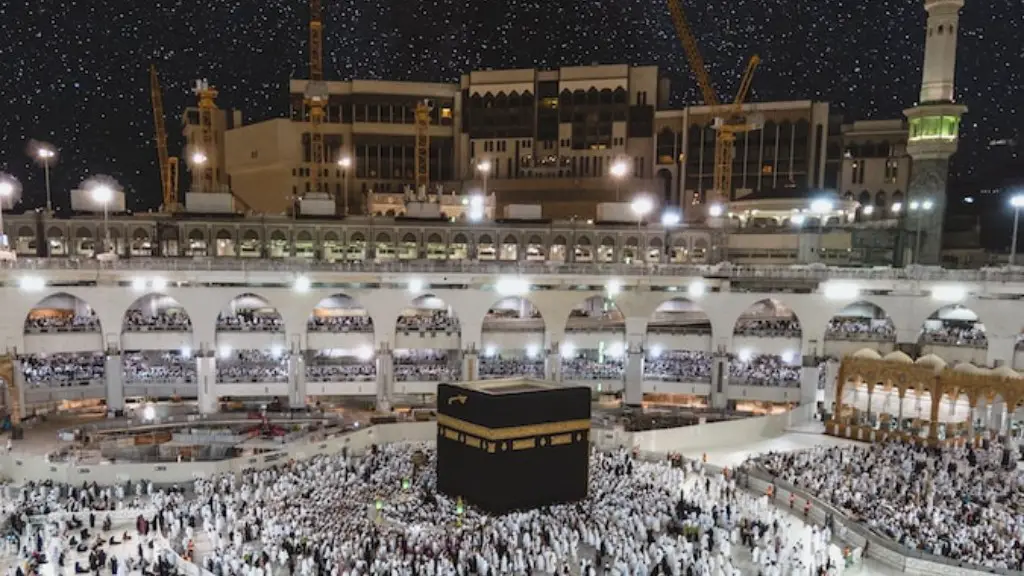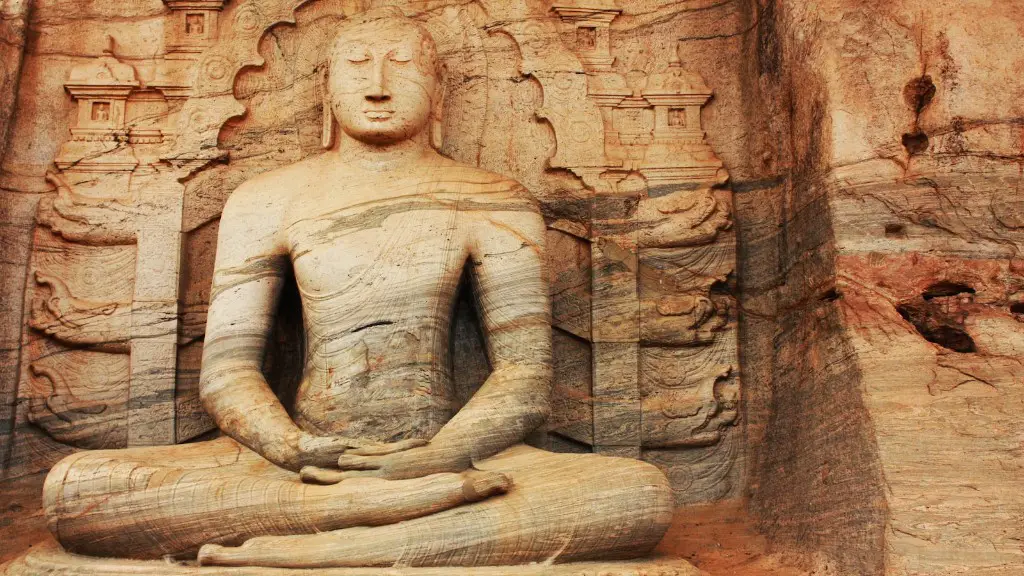Important Hindu Holidays
Hinduism is the third-largest religion in the world and is practiced by more than 2 billion people. Hindus celebrate many different holidays and festivals throughout the year according to the Hindu calendar, with some centered around the five major deities: Brahma, Vishnu, Shiva, Ganesha and Saraswati.
The festival of Diwali, also known as the Festival of Lights, is perhaps the most well-known of Hindu holidays. It is celebrated in the autumn, typically in late October or early November, and marks the victory of good over evil. During the festival, temples, homes, streets and public places are lit up with lights.
Holi is another significant holiday in India, and is celebrated over two days in the month of March. It marks the end of winter and the start of spring, and is a carnival of colors. Traditionally, people light bonfires and throw colored water and paints on each other.
Raksha Bandhan is a special occasion that marks the bond between siblings, typically brothers and sisters. It is celebrated on the full moon day of the Hindu month of Shravana and involves the tying of a string called Rakhi around the wrist of brothers.
Janmashtami marks the birth of Lord Krishna, and is usually celebrated in the month of August or September. On this day, temples are decorated with flowers and the story of Lord Krishna’s birth is read.
Navratri is a nine-day festival dedicated to the worship of the nine forms of Goddess Durga. It starts around mid-October and is celebrated with dance, music and also fasting.
Mahashivaratri honoring Lord Shiva is another major Hindu celebration. It is celebrated on the 13th night of the Hindu month of Phalguna and is associated with fasting, worshipping Lord Shiva, and all-night vigils at temples.
Lesser Known Holidays
Makar Sankranti marks the start of the harvest season and is usually celebrated in January. On this day, kite-flying is a popular activity, with special colorful kites sold in many cities.
Vasant Panchami celebrates the onset of spring and honors Goddess Saraswati, the goddess of knowledge, literature, music and the arts. On Vasant Panchami, people wear yellow or saffron, and sweet dishes are prepared to honor the goddess.
Ganesh Chaturthi celebrates the birth of Lord Ganesha and is celebrated in the month of August or September. On this day, devotees bring idols of Lord Ganesha to their homes for worship and after nine days, the idols are immersed in a river or sea.
Mahavir Jayanti is the birth anniversary of Mahavira, the 24th and last Jain tirthankara. It is celebrated with religious rituals and by donating clothes and food to the needy. People also visit temples to worship and seek the blessings of Mahavira on this day.
Krishna Janmashtami is celebrated during the month of August or September and marks the birth of Lord Krishna. On this day, devotees sing devotional songs and perform an ‘abhishekam’ or a holy bathing of idols of Lord Krishna.
Importance of Holidays
Hindu holidays are an important part of Hindu culture, as they are seen as a way to strengthen and deepen family and community ties. These holidays offer a chance to take a break from the hustle and bustle of day-to-day life, to be with family, and to celebrate the various deities, traditions and festivals of Hinduism.
The celebrations during Hindu holidays and festivals typically involve the preparation of special dishes, decorating of homes and temples, lighting of lamps, wearing of new clothes, and singing and dancing. Through these activities, Hindus seek to connect with the divine and express their joy and reverence to the Gods.
Hindu holidays serve to remind people of their cultural heritage and values, and are celebrated all around the world. They are a great way to reconnect with one’s spiritual roots and pay homage to the great Hindu deities.
Symbology and Significance
Hindu holidays are symbolic of the eternal striving for harmony, understanding and inner peace. Each holiday honors a particular God or celebrates a season or religious event. For example, Diwali celebrates the victory of Lord Rama, the seventh incarnation of Lord Vishnu, over the demon king, Ravana, and is symbolic of the victory of good over evil.
Apart from the festivals, each month of the Hindu calendar also has several religious days such as Shradh, Amavasya and Purnima, which are observed with special rituals, fasting, and charitable activities. All these holidays and festivals are important to Hindus and are celebrated with great enthusiasm.
Hindu holidays are not just a celebration of religious traditions but also a reminder of the significance of the universal values of truth, love and harmony. They are a way to honor the sacred and to remember to pay respect and homage to the divine being.
Variations Across India
Hindu holidays are celebrated in different ways in different parts of India. While some festivals are celebrated in all parts of the country, others are celebrated regionally. For instance, Holi is celebrated in North India, whereas Pongal is celebrated in the south.
Devotees in different parts of India observe the same festival with unique rituals and customs. For example, Diwali is celebrated by lighting lamps, exchanging sweets and drawing rangoli designs in the south, but in parts of northern India it is celebrated by flying kites. Similarly, Holi is celebrated with singing, dancing and parties in northern India but is observed with prayers, rituals and offerings in the south.
Despite the regional variations in the way Hindu holidays are celebrated, the common thread that binds them together is the focus on honoring the divine and the adherence to traditional values.
Hinduism in the Modern World
While Hinduism is one of the oldest religions in the world, it is alive and vibrant today, and many of its beliefs and practices have relevance to the modern world. Hindu holidays are an opportunity to draw strength and courage from the teachings of Hinduism, to pay respect to the gods, and to come together in unity, peace, and understanding.
Hindu holidays are celebrated all around the world, and even in countries where the Hindu population is small, people from other faiths take part in the festivities to show solidarity and respect for the Hindu faith. The relevance of Hinduism in today’s world provides an opportunity for its culture and values to be shared and celebrated on a global level.
The celebration of Hindu holidays is an enduring testament to the resilience, strength, and vivacity of Hinduism. It reminds people of the origins of the faith, promotes an understanding and appreciation of its varied traditions, and encourages a sense of harmony and connectivity with the divine power.



